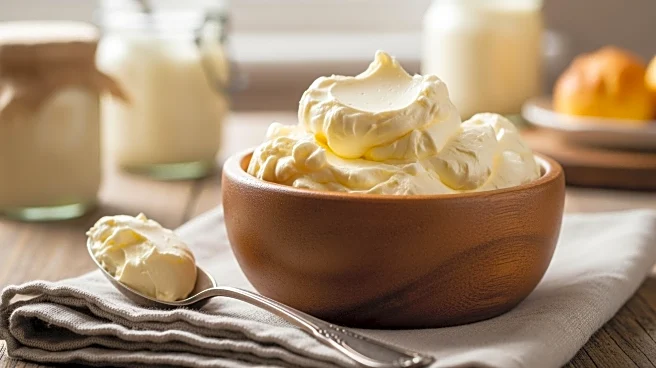Billie Holiday, born Eleanora Fagan on April 7, 1915, in Philadelphia, was an American jazz and swing music singer who left an indelible mark on the music world. Known as "Lady Day," a nickname given by
her friend and music partner Lester Young, Holiday's vocal style was heavily influenced by jazz instrumentalists, which inspired a new way of manipulating phrasing and tempo. Despite a turbulent childhood, she rose to become one of the most influential jazz singers of all time.
Origins & Early Formation
Eleanora Fagan was born to an African American teenage couple, Clarence Halliday and Sarah Julia "Sadie" Fagan, in Philadelphia. Her mother moved to Philadelphia after being evicted from her parents' home in Baltimore, Maryland. Holiday's father abandoned the family shortly after her birth to pursue a career as a jazz banjo player and guitarist. Raised largely by her mother's relatives, Holiday had a difficult childhood, marked by her mother's frequent absences and her own encounters with the juvenile court system.
First Steps into Public Life
As a young teenager, Holiday began singing in nightclubs in Harlem, taking her professional pseudonym from actress Billie Dove and her father, Clarence Halliday. Her early career saw her performing with tenor saxophone player Kenneth Hollan in various clubs. In 1933, producer John Hammond discovered her at Covan's, a club on West 132nd Street, leading to her recording debut with Benny Goodman. Her first hit, "Riffin' the Scotch," sold 5,000 copies, marking the beginning of her rise in the music industry.
Ideas, Aims & Methods
Holiday's collaboration with pianist Teddy Wilson in 1935 produced the hit "What a Little Moonlight Can Do," which became a jazz standard. Her improvisational skills and unique vocal delivery set her apart from other singers of her time. Throughout the 1930s and 1940s, she achieved mainstream success with labels such as Columbia and Decca. Despite facing legal troubles and personal struggles, Holiday continued to perform and record, leaving a lasting legacy in the world of jazz.
Final Years, Death & Legacy
Billie Holiday's later years were marred by health issues and financial difficulties. Diagnosed with cirrhosis in early 1959, she was hospitalized in May of that year. Despite her declining health, she continued to perform, with her final studio recordings made for MGM Records in 1959. Holiday passed away on July 17, 1959, at the age of 44. Posthumously, she was inducted into the Grammy Hall of Fame and the Rock & Roll Hall of Fame as an early influence. Her life and music continue to inspire generations, cementing her status as one of the greatest jazz singers of all time.









